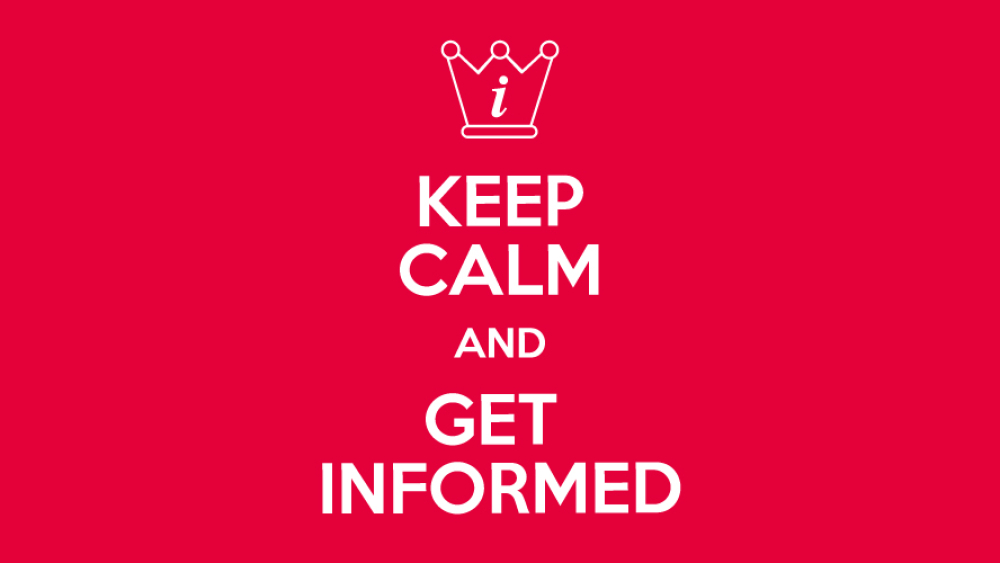DMA Public Affairs round-up: Pressure to lower legal threshold for nuisance calls and texts before election
10 Feb 2015

Since the last Public Affairs update: the government opened and closed its consultation into nuisance calls and texts; the EU Data Protection Regulation has made good progress, with the Council likely to approve its version of the text by June 2015; and the DMA had a big win on VAT, as the HMRC announced it would not pursue retrospective penalties for firms that had been using the practice of ‘single sourcing’ for advertising mail. DMA action saved many businesses from potentially ruinous fines.
Nuisance calls
In October, the DCMS finally published the long-awaited consultation on lowering the legal threshold for fining rogue businesses who make nuisance calls and send spam texts.
The consultation closed in early December, and the Government is yet to publish its response to the consultation. However, there is political pressure to have findings made into law before the General Election. Justice Minister Simon Hughes said the response to the consultation is ‘imminent’.
In addition, the Which? Nuisance Calls Taskforce published 15 recommendations for businesses, industry bodies, regulators and government to combat the problem of nuisance calls. These recommendations are designed to complement the ongoing work of government in this area.
There is more information available on the website on these topics which you can find using the search tool. http://dma.org.uk/filter/search#s_search
Data Protection Regulation
Latvia currently holds the European Council Presidency - the Council Presidency rotates every six months. As the state holding the presidency is in charge of setting the legislative agenda, so the Latvians will be working on pseudonymous data, enforcement and fines, profiling, and the ‘one-stop shop mechanism’, which is the process for resolving cross-border data protection cases.
The European Commission set the Council a target of six months to complete the text, due to expire in June 2015. That leaves six months to conclude Trilogue negotiations between the European Parliament, the Council of the European Union, and the European Commission if the regulation is to be finalised in 2015. Most commentators believe the regulation will not be formally concluded until early 2016.
There is a grace period of two years for businesses to adjust. On this timetable the regulations would be enforceable from early 2018 onwards.
Want to know more? Attend Data protection 2015 on 27 February
VAT for advertising mail
Financial services brands and charities were the two big losers in April 2012 when bulk mail lost its VAT exempt status and postage costs became subject to VAT charges of 20%.
To mitigate against this, companies turned to ‘single sourcing’. This is the bundling of several different services, some of which will be VAT exempt, together under one job. Companies worked under the assumption that single sourcing would then zero-rate the entire job. However, those companies using single sourcing have found themselves open to retrospective penalties as zero-rating applies to individual services, not complete jobs.
In a letter to HMRC has agreed that their guidance on Postage and Delivery Charges 700/24 is open to misinterpretation and they do not intend to take any retrospective action against companies that have “misunderstood” the guidance. This policy will be extended to 1 April 2015 to allow the industry time to put alternative arrangements in place.
HMRC also confirmed that data processing by mail operators, such as address cleansing and enhancement, can be included as part of a zero rated supply of print. HMRC promised to publish revised guidance on the VAT treatment of postage and delivery charges to cover the points in their letter imminently.
This is a great result for the industry. The latest letter from HMRC is very different from their original position back in August.
The DMA has not only removed any threat of retrospective penalties, but the industry still has a way to mitigate VAT on postage through agency agreements and disbursements that is accepted by HMRC.




Emarsys UK Ltd
Head of Deliverability
Emarsys UK Ltd
Head of Deliverability